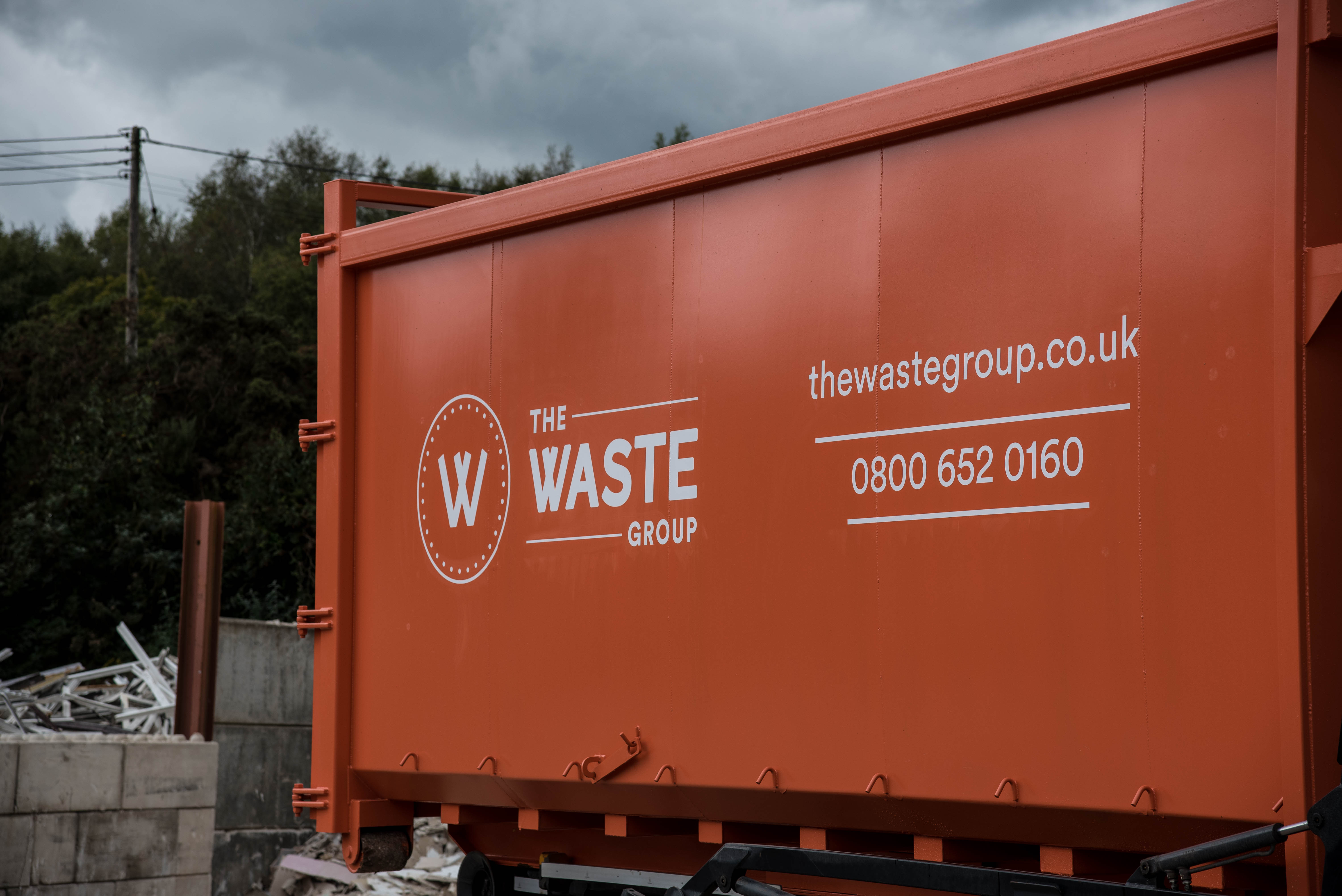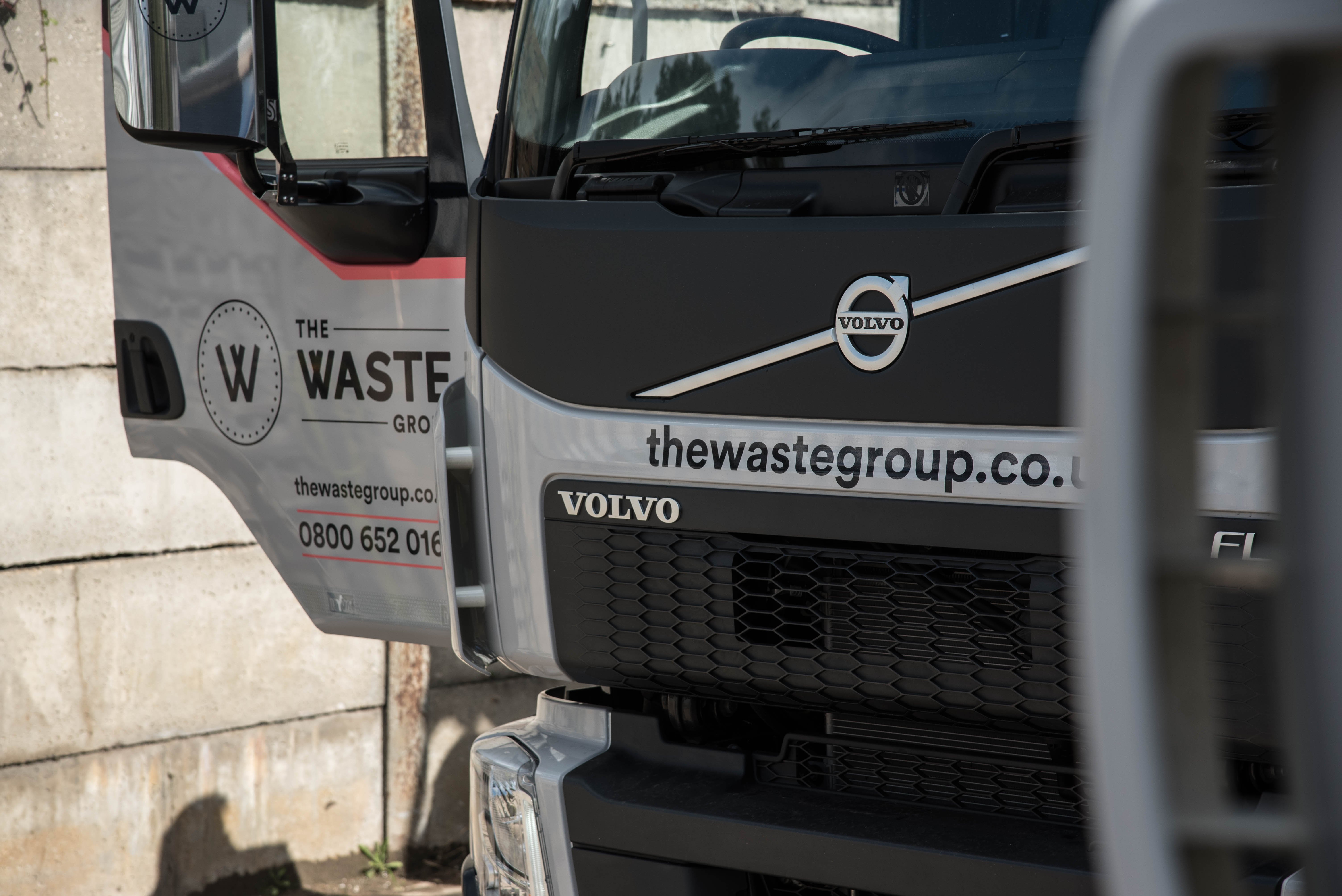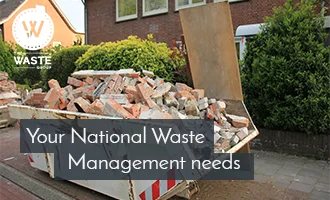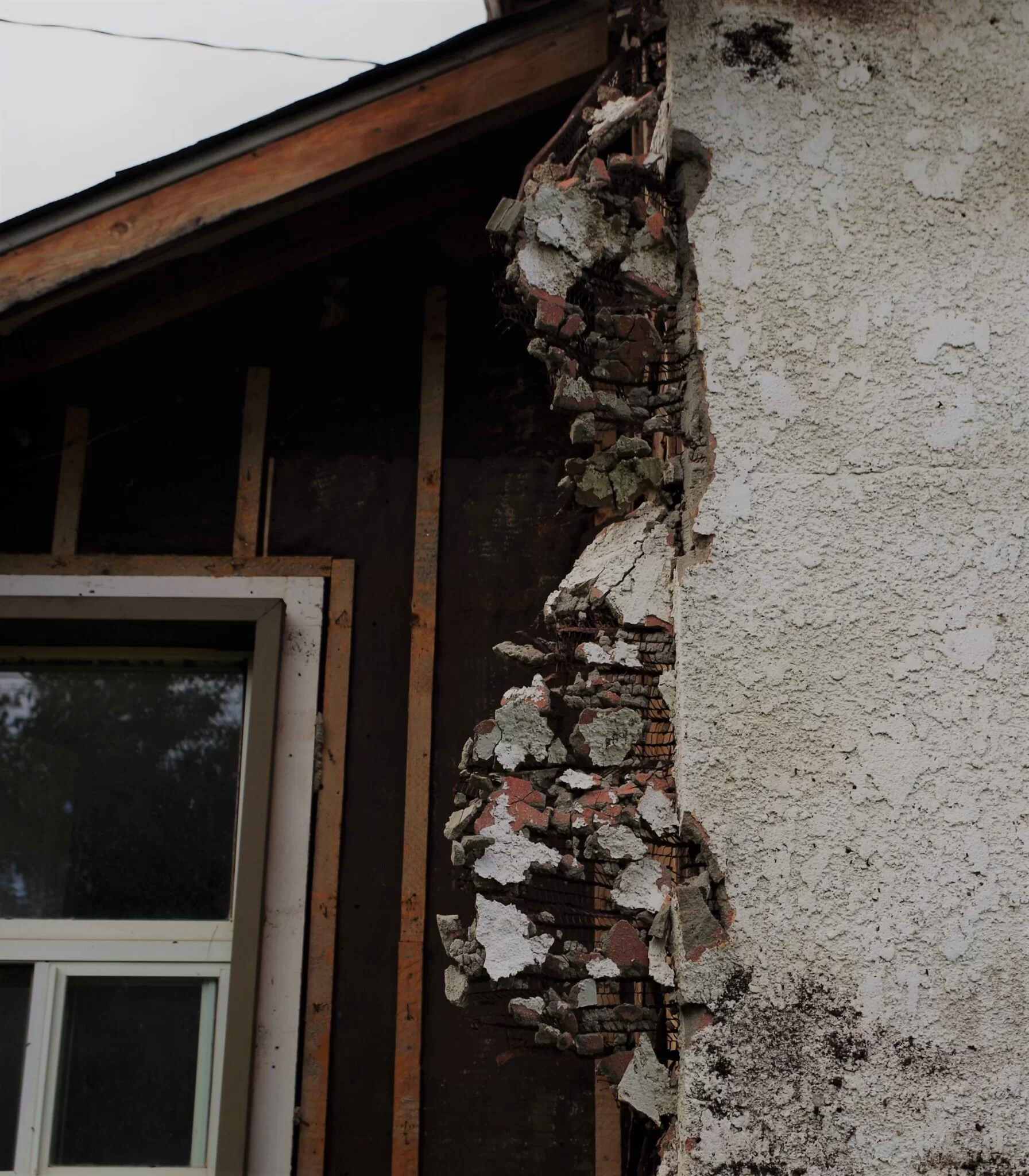The Impact of Waste Tipping on Rubbish Management: What You Need to Know

Here’s a tip: start incorporating waste tipping into your waste management process!
Waste tipping is one of the best ways to manage household waste. It ensures that every recyclable waste item you dump enters the recycling stream, maximising energy recovery and minimising landfill waste.
In this blog, we’ll explain tipping in detail and share how you can make tipping a part of your waste management habits.
What is tipping?
The term “tip” is simply a colloquial term for a recycling centre. In decades past, you could simply tip all of your waste into a landfill and drive away. But thankfully, we’ve evolved our definition of responsible waste management.
Today, “tipping” is the practice of taking your waste to a tip service and sorting your rubbish into large bins based on waste types.
At a tip, you’re encouraged to recycle as much as possible. You can dispose of everything from garden waste to hard-to-manage items like electronics at your local recycling centre. In some areas, these types of tipping may be split into dedicated locations (like a green waste tip for garden waste or a recycling centre tip for your average, recyclable household waste).
Residual waste that cannot be recycled is dumped in landfills. No one wants to contribute to growing landfills, so it’s important to recycle as much waste as possible.
The economic and environmental impact of tipping
Tips charge fees to dispose of your waste, but those fees help fund responsible waste management. Recycling centre employees need to be paid, and recycling requires an investment in equipment and energy. When you pay the appropriate fees at the tip, you invest in your local waste carriers’ ability to manage waste efficiently.
Landfill tipping poses dangerous environmental repercussions. Microplastics and toxins leach out of the waste and into the local soil, potentially harming flora, fauna, and humans who live nearby.
At a recycling centre tip, properly segregated waste is easily recycled into raw materials without damaging the local environment.
Tipping fees and regulations
Recycling centres generally calculate tipping fees based on the types and amount of waste you have. If you have a significant amount of waste, you might be asked to weigh your vehicle before and after disposal to see how much waste you brought into the tip.
To obtain a waste carrier’s licence, tipping facilities must follow strict guidelines for managing waste after it’s been sorted. They’re also inspected regularly to ensure waste is recycled responsibly, and isn’t simply dumped into a landfill instead.
Best practices for quick, sustainable tipping
You can make your trip to the tip fast and efficient with these ideas:
Proper waste segregation
Segregating your waste before you arrive at the tip makes it easier to put it all in the correct bins. If you don’t separate your waste accurately, you’ll contaminate the other materials in the recycling stream, possibly rendering them useless as recycled raw materials.
Reducing waste
A great way to help the environment—and pay less in tipping fees—is to use less waste in the first place! Remember, the adage encourages you to “Reduce, Reuse, Recycle”, with “reduce” being the first step in a more sustainable approach to waste. Little changes, like printing fewer documents or minimising product packaging, can drastically reduce the amount of waste you generate.
Choosing the right disposal site
To make your recycling more impactful and your trip to the tip less time-consuming, it helps to choose tipping facilities that offer comprehensive waste management services. Look for a tipping service that accepts as much waste material as possible—cardboard, metals, wood, bricks, construction rubble, household waste, and more—and is committed to proper disposal.
You should also choose a conveniently located site, like our Wareham and Swanage sites.
The role of The Waste Group in tipping
Responsible tipping is at the heart of how we manage waste, and we work hard to ensure every last scrap of rubble, plastic, and wood is disposed of properly.
Visit one of our tipping facilities or contact the team at The Waste Group. We offer expert advice and stellar services you can trust to remove and recycle your waste with sustainability in mind.



